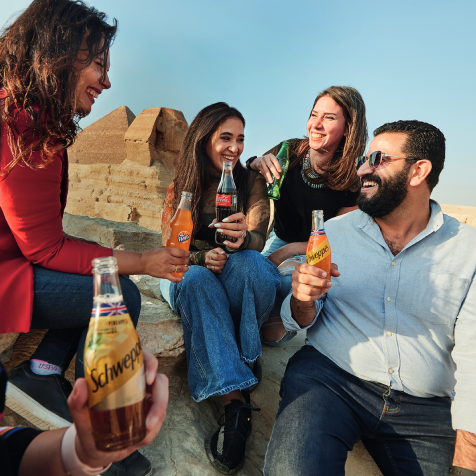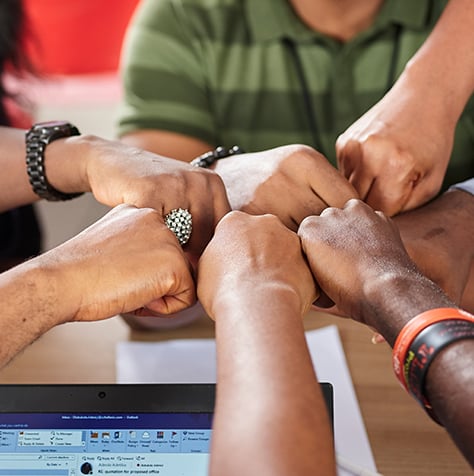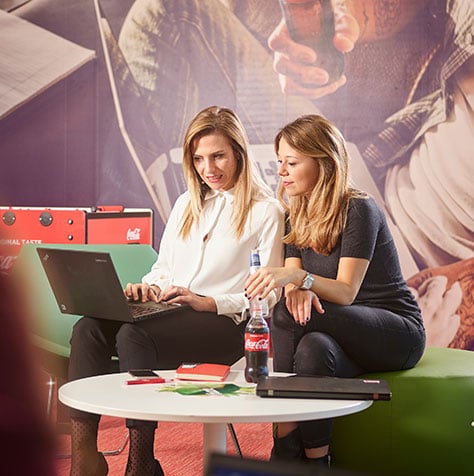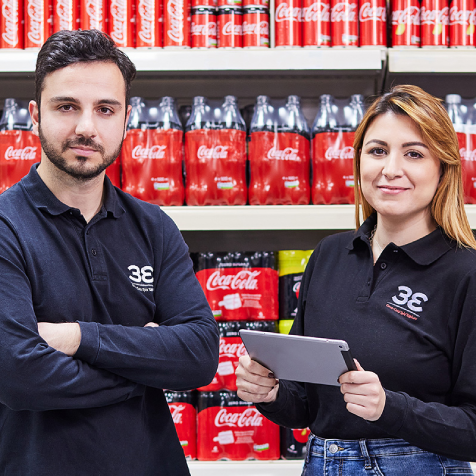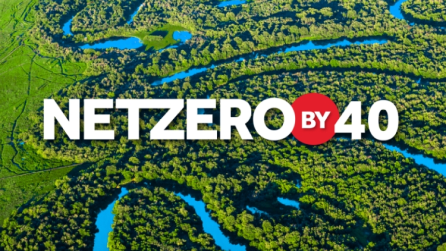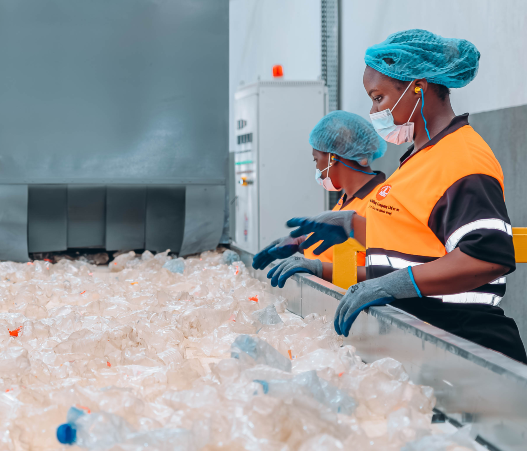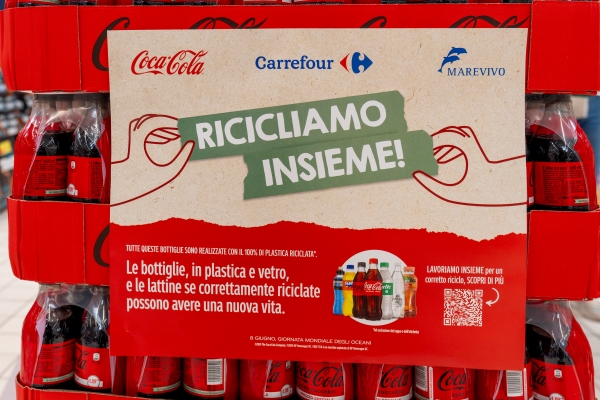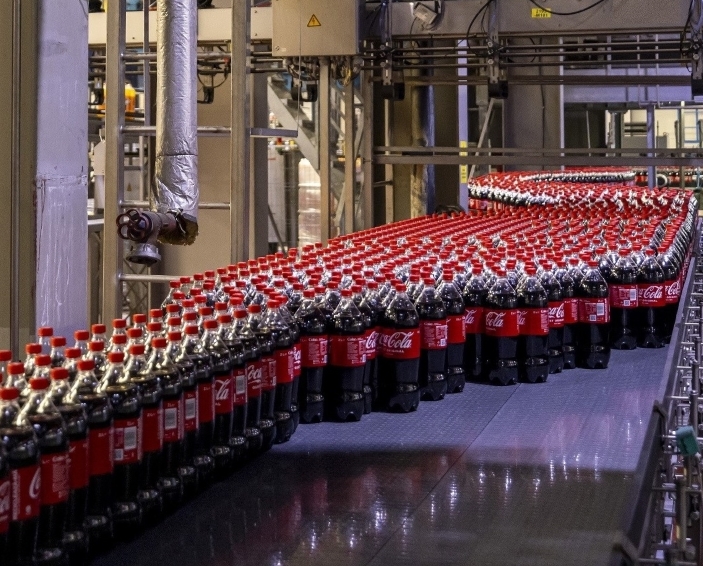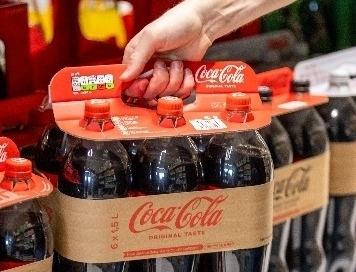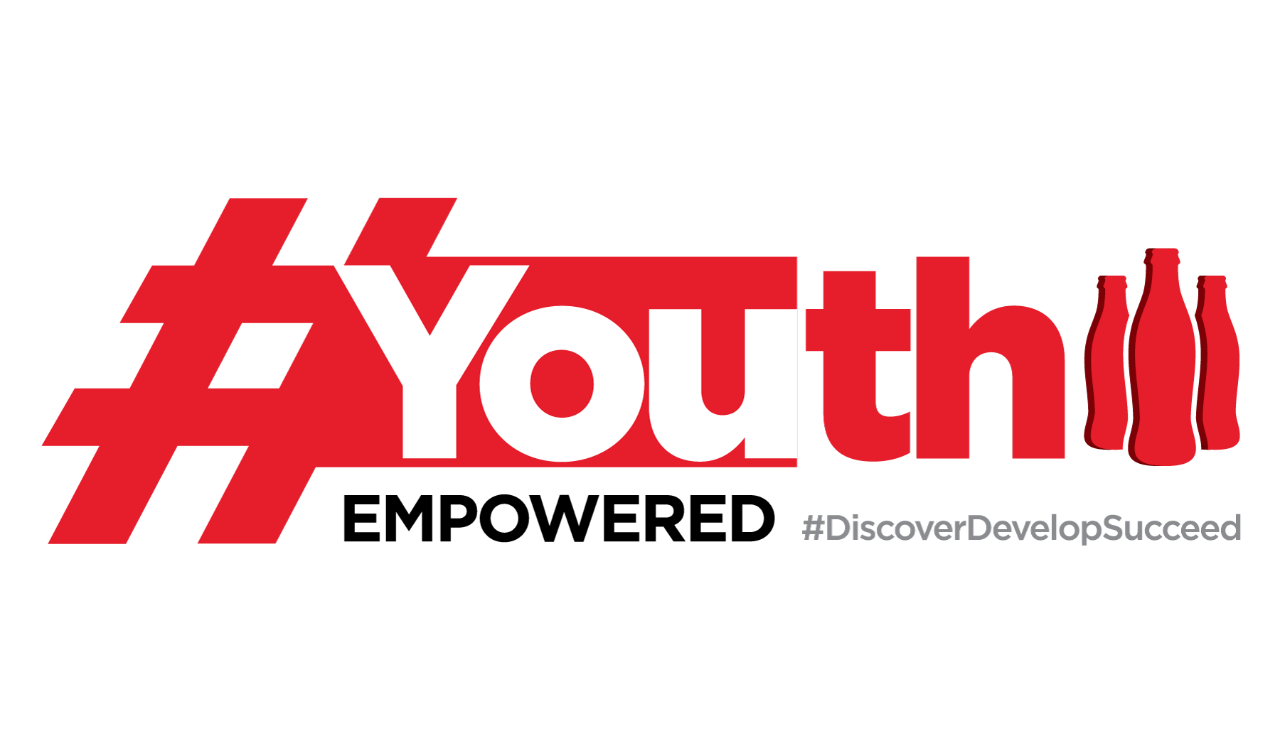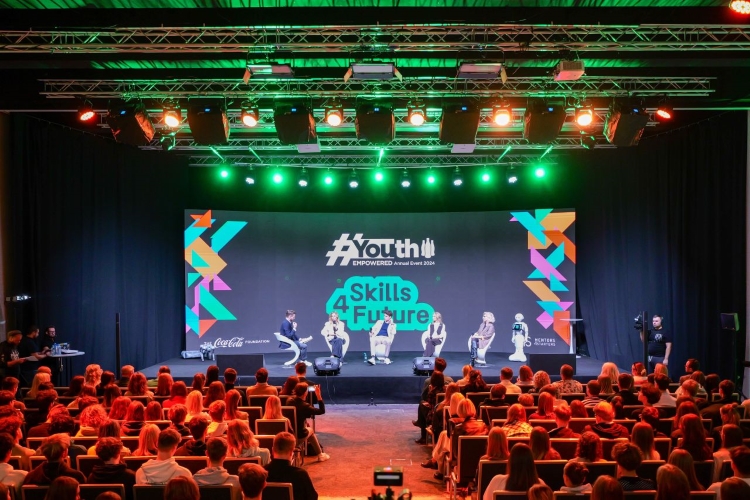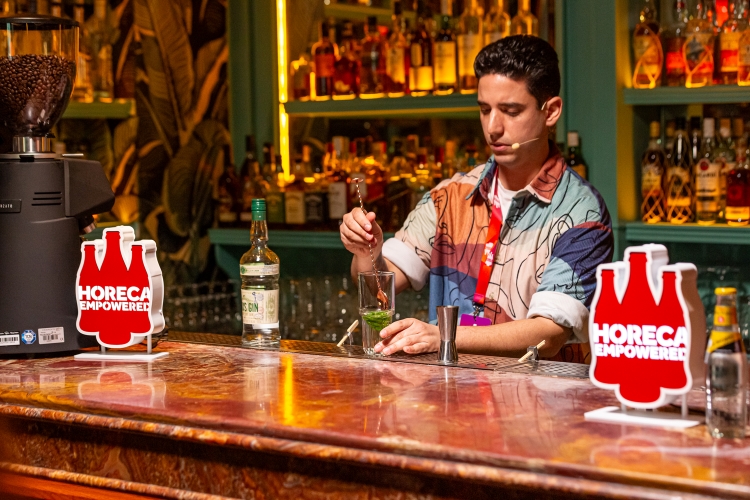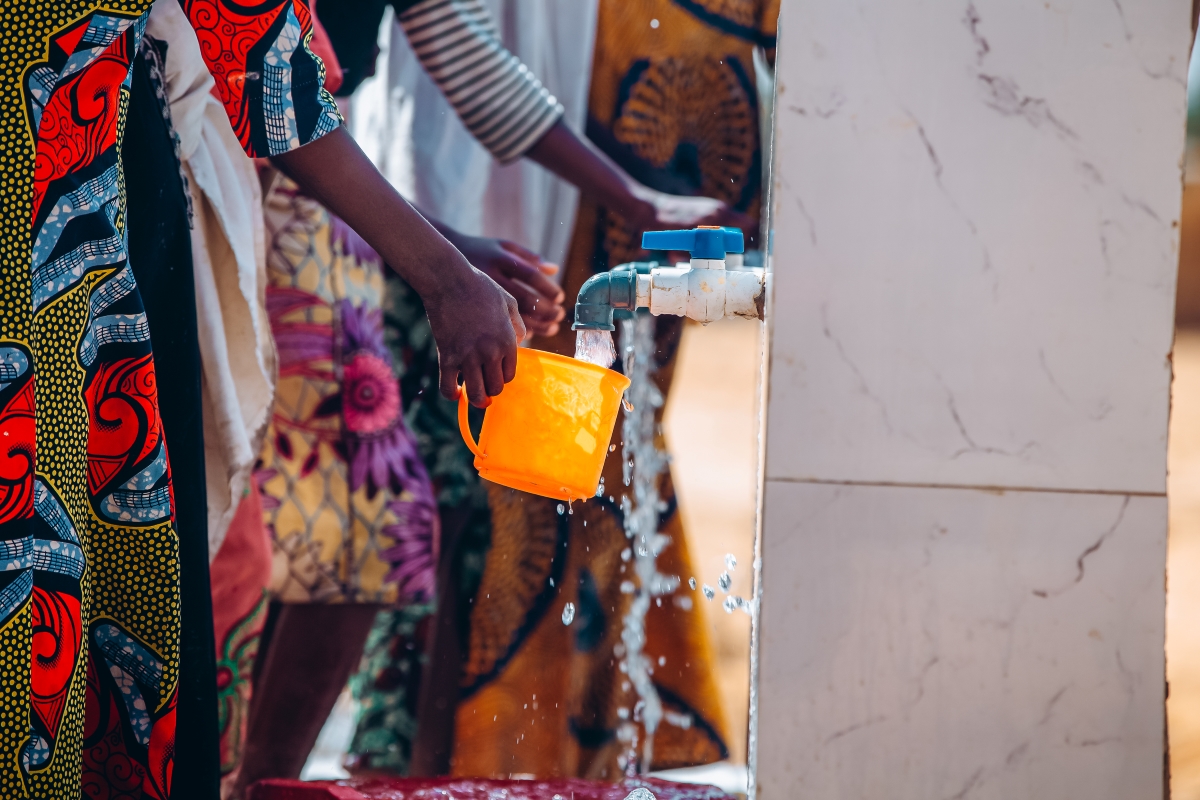We are proud to remain global industry leaders in sustainability this year, with leading scores and rankings in ten of the most-recognised ESG ratings.
We were ranked as the world’s most sustainable beverage company in the 2024 Dow Jones Best-in-Class Indices for the eighth time. We believe our success comes from continuously evolving our business model to deliver growth and taking a strategic approach to sustainability. This approach allows us to both grow and make our business more resilient.
Our sustainability journey so far:
- 2006: Set our first carbon reduction commitments.
- 2010: We formally established a clear sustainability strategy.
- 2016: We were among the first companies to adopt Science-Based targets for climate.
- 2018: We published Mission 2025. This is our clear and ambitious sustainability strategy that focuses on the following areas: climate, packaging, water, ingredients, nutrition and people and communities.
- 2021: We announced our commitment to reach NetZeroBy40 across our entire value chain by 2040.
- 2022: We announced our net positive biodiversity commitment, making us one of the first companies to do this.
- 2023: We integrated Egypt into our sustainability strategy – after we acquired the Coca-Cola Bottling Company of Egypt in 2022 – and developed specific plans for the market.
- 2023: We established the Coca-Cola HBC Foundation.
- 2025: The Science Based Targets initiative (SBTi) approved our NetZeroby40 target, which, for the first time, includes Egypt.
- 2025: We published our first Sustainability Statement as part of the Corporate Sustainability Reporting Directive (CSRD) requirements.
Our sustainability strategy focuses on seven major areas: climate, packaging, water, ingredients, nutrition, people and communities, and biodiversity. It is underpinned by a set of external commitments known as Mission 2025, further amplified by commitments to achieve a Net Zero carbon footprint by 2040 and net positive biodiversity by 2040.
In 2024, we continued to build our capabilities, collaborate and learn from our experience to build a strong and resilient business that is opening up a more sustainable future.

